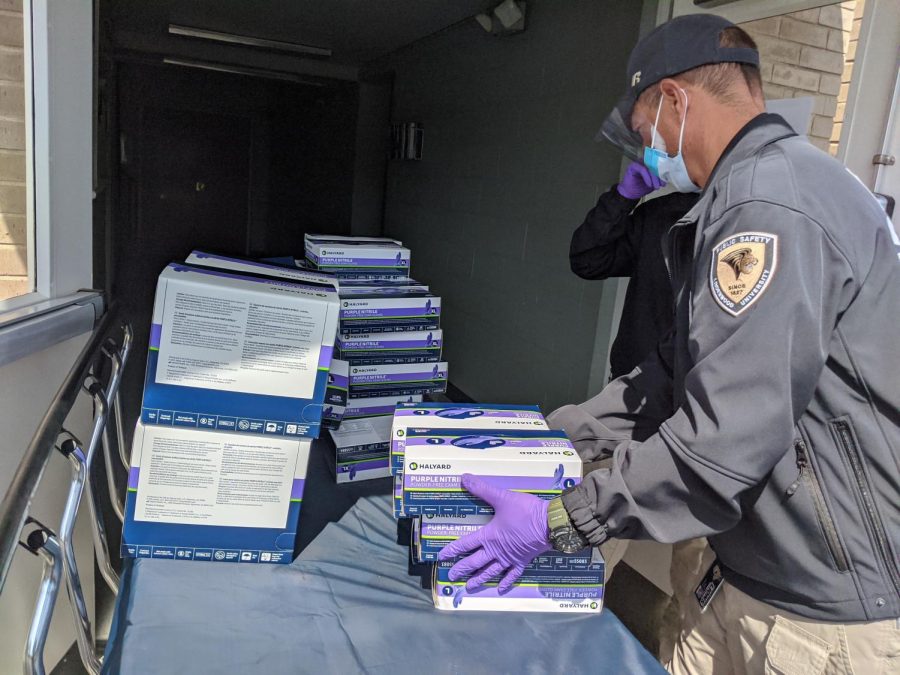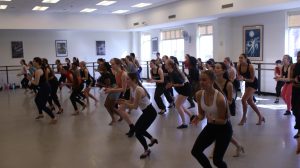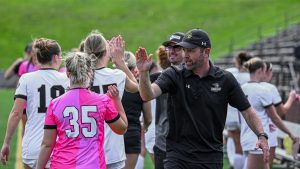Lindenwood donates personal protective equipment to local hospitals
April 21, 2020
Lindenwood’s School of Health Sciences and Paramedicine Department donated personal protective equipment to SSM Health.
According to a press release, Lindenwood donated a total of 6,500 pairs of gloves, 130 pairs of scrubs and 600 face masks to SSM Health on April 9.
SSM Health is a not-for-profit health care system that serves the Midwest, including eight St. Louis area hospitals.
Darrell DeMartino, the co-director of the paramedicine program, said the donation was necessary to help combat the shortage of personal protective equipment across the nation due to the COVID-19 pandemic.
“Since our students are not in class right now, we don’t have an immediate need to use these,” DeMartino said. “At that time, we didn’t originally think we were going to have a lot of resources. We found we had more than what we originally anticipated. So we felt we could donate those resources.”
According to a post on the university’s Instagram on Monday, Lindenwood’s Center for Diversity and Inclusion donated over 300 items of food and toiletries to the Salvation Army.
Lindenwood’s Office of Public Safety helped facilitate the donation to SSM Health.
SSM Health Regional Vice President Candace Jennings expressed gratitude for the donation, according to a press release.
“We are so grateful for partners like Lindenwood University, who recognize a need in our community and so graciously contribute to fill it,” said Jennings. “This very generous donation will allow our caregivers to continue providing exceptional care while protecting their own safety as well.”
DeMartino said it’s important for people to support local health care workers by abiding by local stay-at-home orders and continuing to be updated on the latest news from the medical experts, like the St. Louis Metropolitan Pandemic Task Force and local public health departments.
“I know people are frustrated sometimes because they are staying at home and this has impacted their lifestyle,” DeMartino said. “But I think it’s going to take time to get through this crisis. The experts are learning more information day by day. This means being flexible [to adapt to these new changes].”
DeMartino said he hopes the university can create future partnerships to help combat the COVID-19 pandemic.
“A lot of health care systems have leaned on outside health care people for resources made available,” DeMartino said. “I think what’s important to know is academic partners and community resources can work together to help resolve some of these problems to the best of our abilities.”









